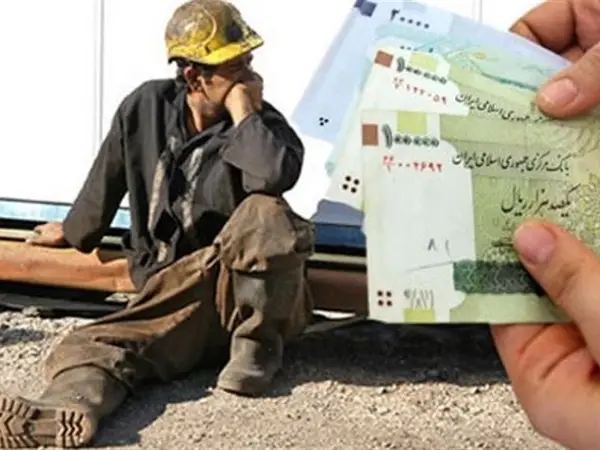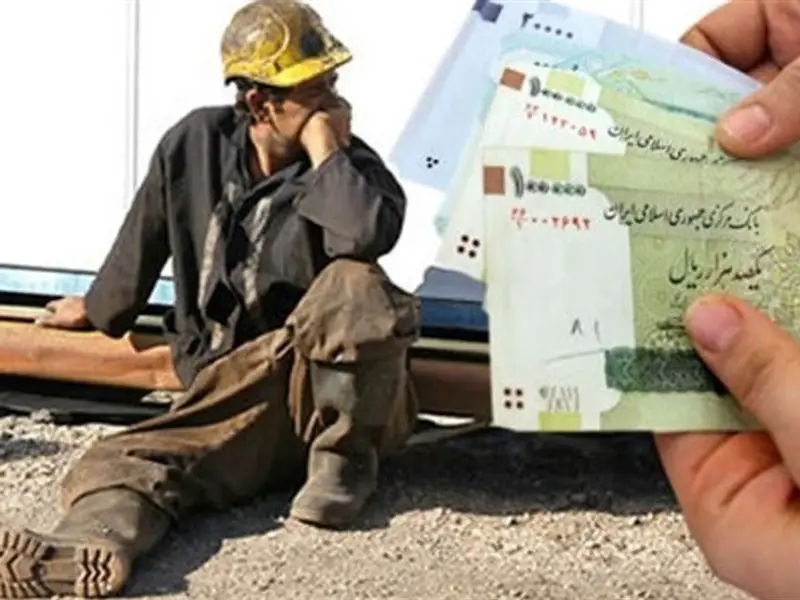The Coordinating Council of Teachers Associations says to prevent further impoverishment of the lower class wages must be determined in US dollars.
Abolfazl Rahimi Shad, one of the members of the association, stated that due to an unprecedented devaluation of the rial against the US dollar in the past four decades, wages have seriously lagged behind the cost for goods and services.
"Receiving salaries in rial while expenses are in dollars has led to an increase in inequality in the distribution of wealth and economic pressure on the lower classes of society," he noted.
Real incomes in Iran began to lag behind inflation after the establishment of the Islamic Republic in 1979, but salaries were increasing from 2000-2010 when monthly minimum wage hit a high of about $275 in 2010. This coincided with the time when the United Nations Security Council began imposing sanctions to force Tehran to roll back its nuclear program.
A few months into the presidency of Ebrahim Raisi, when inflation was around 40 percent, the High Council of Labor increased the minimum wage by an unprecedented 57 percent in early 2022 after two consecutive years of very high inflation. At the time minimum wage almost equaled $220.
However, the rial lost half of its value in the past 8 months and the minimum wage has dropped to around $120 a month.
Many politicians and commentators have warned that rising prices and declining incomes will lead to more protests in the coming months.
The inflation rate has risen to around 50 percent and to at least 70 percent in the food group while rents have at least doubled in less than a year.

